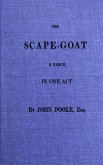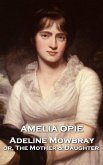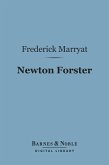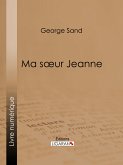Hazlitt's essays delight with unexpected felicities of thought and expression. Published in 1821-22, this collection shows him at the height of his powers. In such essays as "The Indian Juggler" and "On Good Nature," a personal detail or anectdote serves as the basis for ruminations on life as profound as they are charming.
Dieser Download kann aus rechtlichen Gründen nur mit Rechnungsadresse in A, D ausgeliefert werden.









